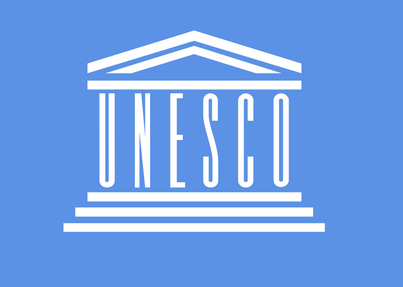Comparing Ghana to South Korea, UNESCO report shows stagnation in education
 A new UNESCO report on education shows that comparing Ghana to South Korea, the country’s education sector has stagnated.
A new UNESCO report on education shows that comparing Ghana to South Korea, the country’s education sector has stagnated.
In a summary, the report says “‘Whilst both countries had a similar starting point in the early 1970s Ghana has lagged behind since then. The Republic of Korea began to expand its secondary system rapidly in the 1970s, but in Ghana the secondary education gross enrolment ratio stagnated at around 40% for another thirty years.”
The report attributing Ghana’s lack of progress in education as partly due to the result of economic problems, said it was also because of insufficient investment in education or linking of economic planning with skills development policies.
The report known as The Education For All (EFA) Global Monitoring Report titled ‘Youth and Skills – Putting education to work’ was released Tuesday October 16, 2012.
According to the report, in the early 1980s, Ghana’s spending on education was less than 2% of GDP per capita, compared with around 4% in the Republic of Korea at the time.
“Even though Ghana embarked on education reforms from 1987, the quality of education and its relevance to the labour market have remained poor. Technical and vocational education has not been well enough linked with the economy. And although access to education has expanded, by 2008 almost one-third of 15- to 19-year-olds were still not making it through lower secondary school, with some not even completing primary school,” it says.
Citing examples from Asia, the report says, experience from the Republic of Korea and the other East Asian ‘tigers’ suggests that sustained growth in sub-Saharan Africa depends on sound economic policies coordinated with government investment in education and training that meets the needs of the labour market.
“However, many African countries remain reliant on exports of oil or minerals, or specialize in exporting one or two agricultural products, and much of their growth has resulted from high global demand for these commodities,” it says.
The report notes that between 1995 and 2008, 73% of Africa’s export growth came from mining, leaving countries vulnerable to price changes, and argues that if the growth surge is to be sustained or accelerated, African countries need to diversify their economies and move up the technological ladder.
“For this to take place, all young people need foundation skills, as well as transferable and technical skills that enable them to adapt flexibly to new areas of work,” it adds.
The report acknowledges that since the 1990s, Ghana’s economy has started to grow faster, and by 2010, it had achieved a growth rate of 7.7%, and it acquired lower middle income status in 2011.
Some workers have moved from agriculture into the urban informal economy where they can earn more, even if they still lack the security or benefits associated with the formal sector, it says.
“Most employment is now in small enterprises that pay low wages. But unlike in the Republic of Korea, these companies have only recently begun to benefit from government support to foster skills development,” it says.
It points out that there are many reasons why Ghana’s economic success has not matched that of the East Asian ‘miracle’ economies since the 1960s, arguing that the short-sightedness of economic reforms that failed to invest in skills for the future economy must take some share of the blame.
“The kind of rapid industrial development that can turn a country like the Republic of Korea from a poor one to a wealthy one in the space of thirty years cannot happen without widespread basic education and well-coordinated systems for providing skills, including to workers in small and medium-sized enterprises,” it emphasizes.
By Emmanuel K. Dogbevi
